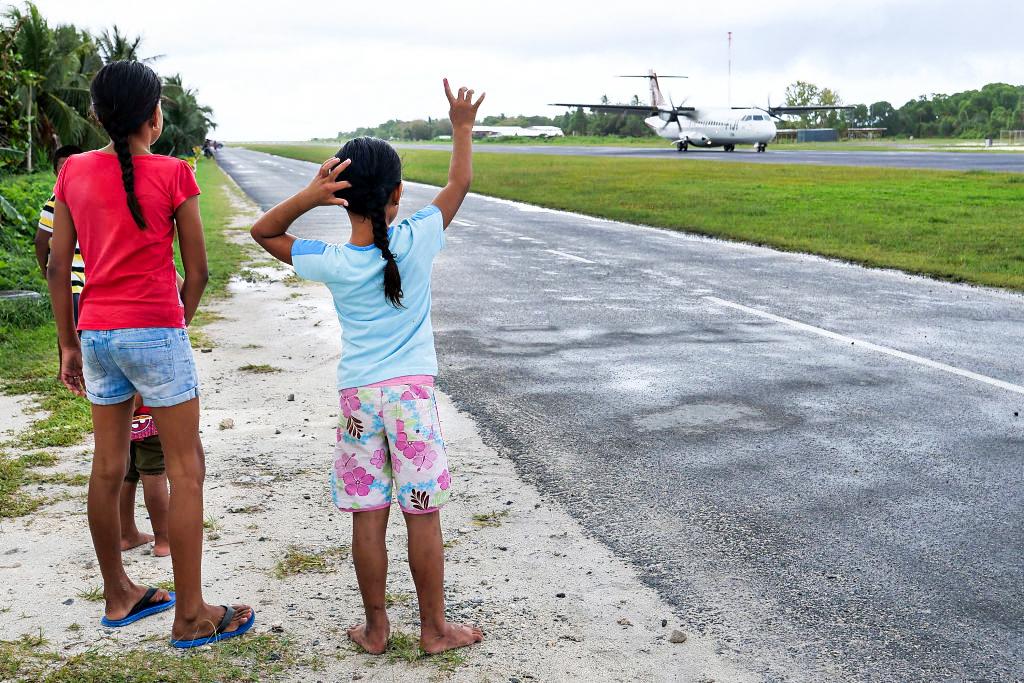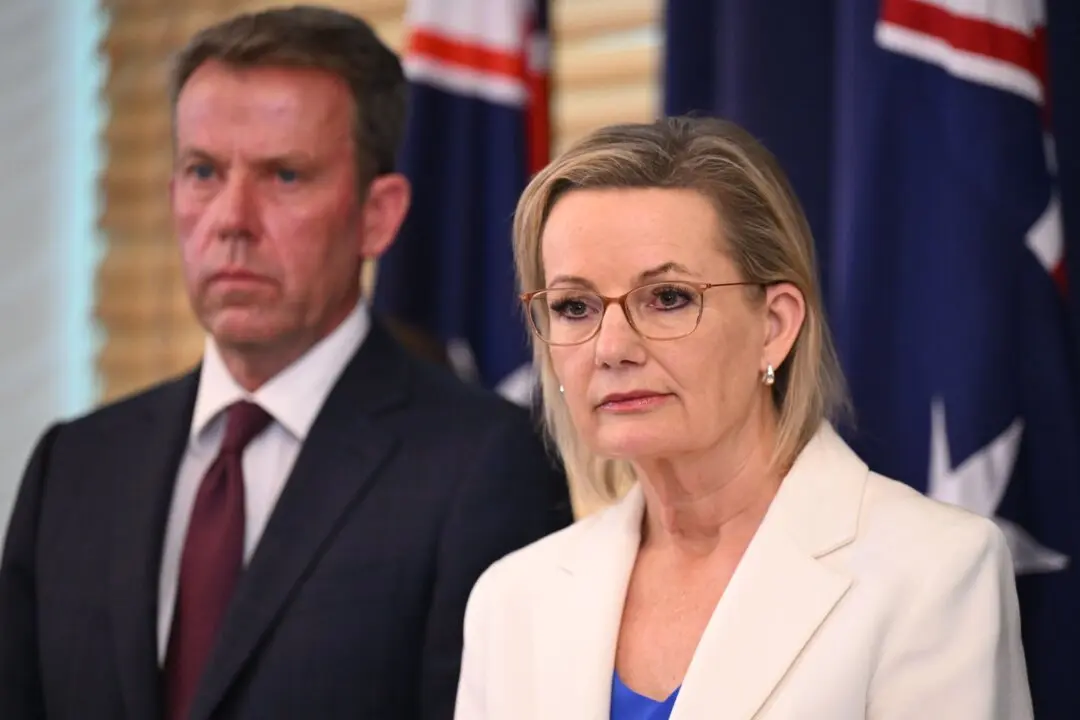The Australian Labor government is pinning its hopes on climate change policy as the key to winning over Pacific nations amid increasing geopolitical competition with Beijing.
Top leaders have emphasised the Albanese government’s support of climate change action, including a higher emissions reduction target, as a key differentiator from the previous government.





